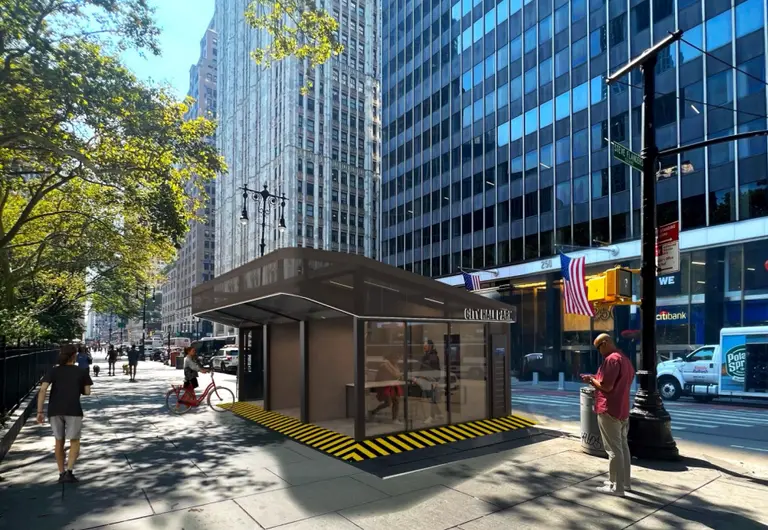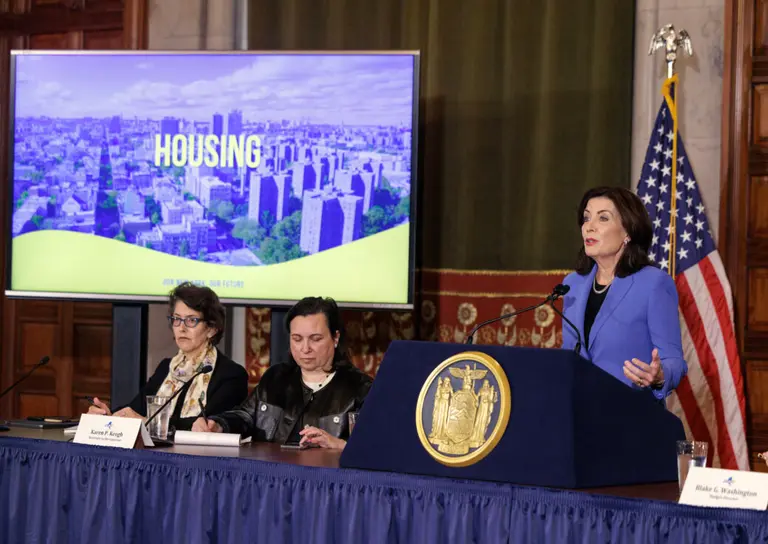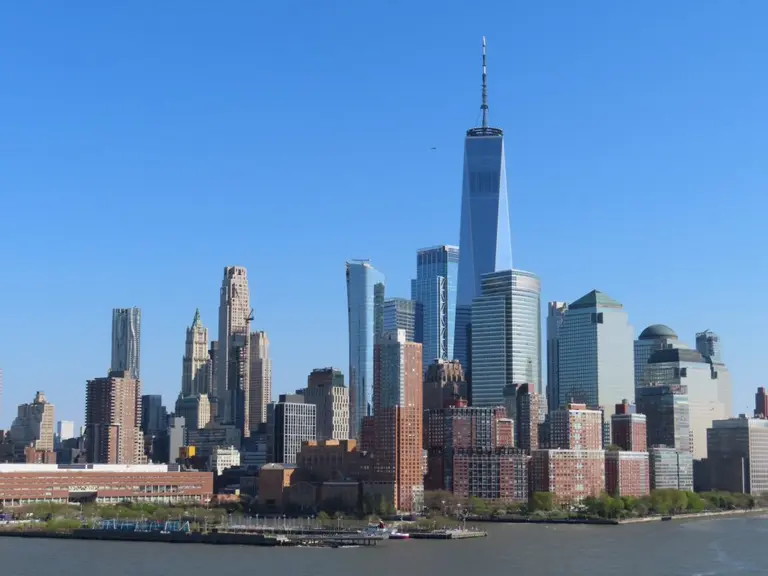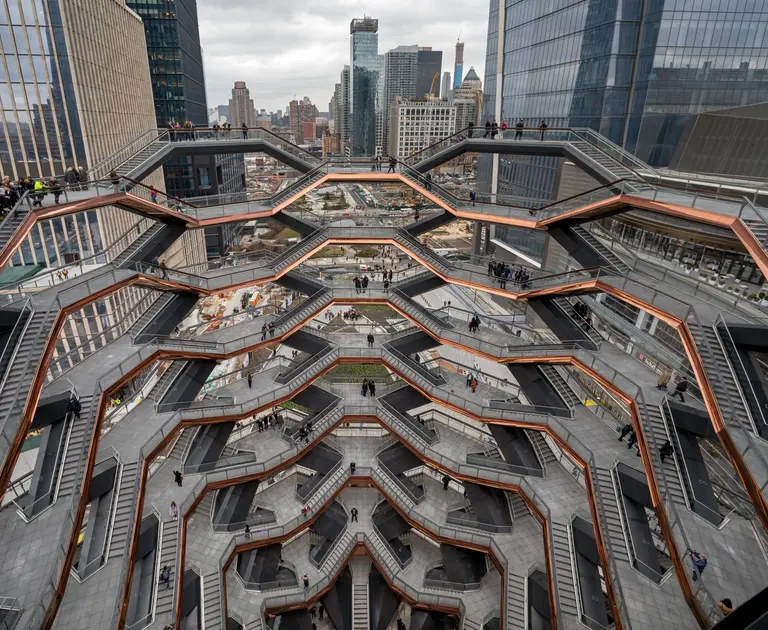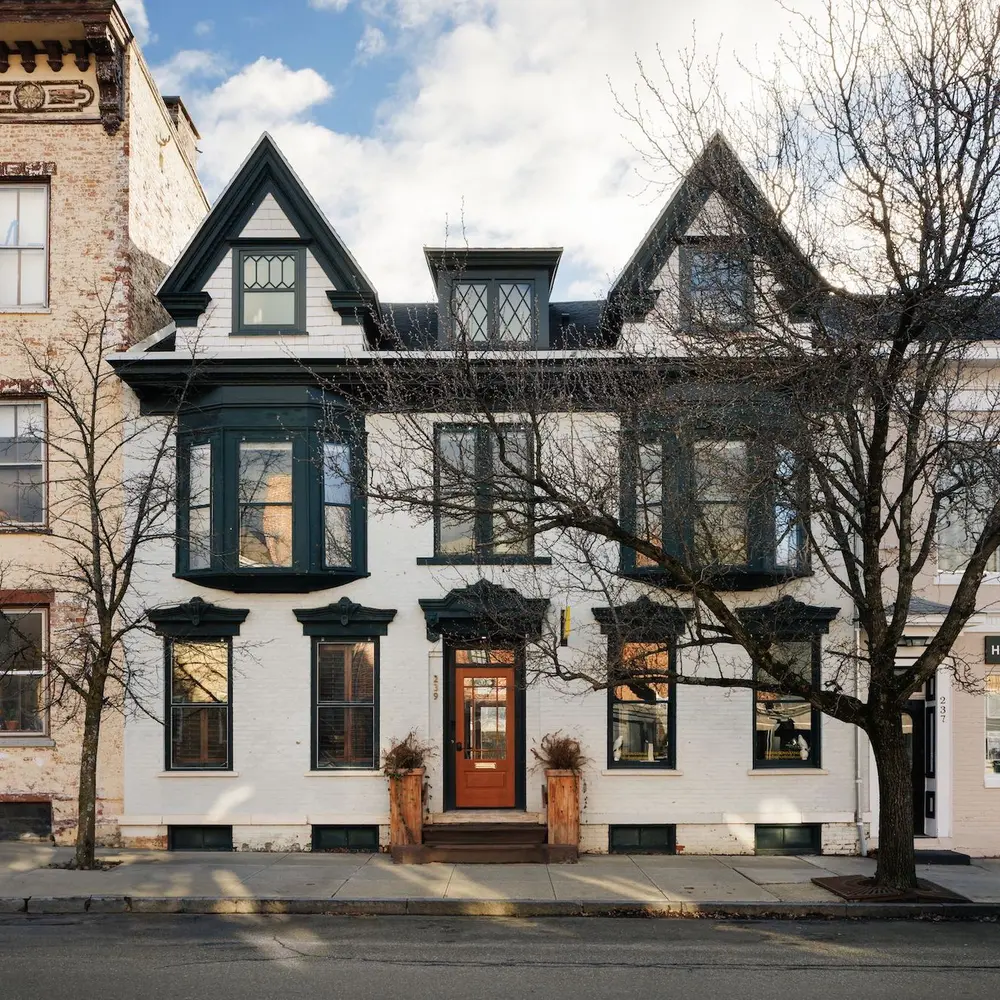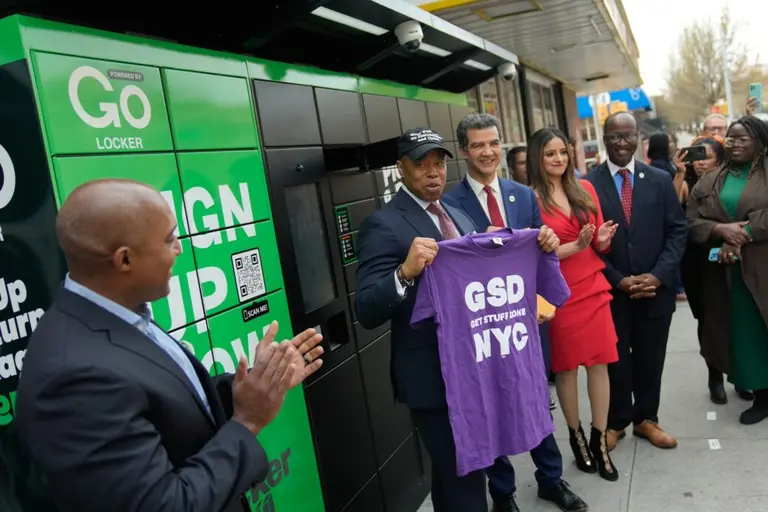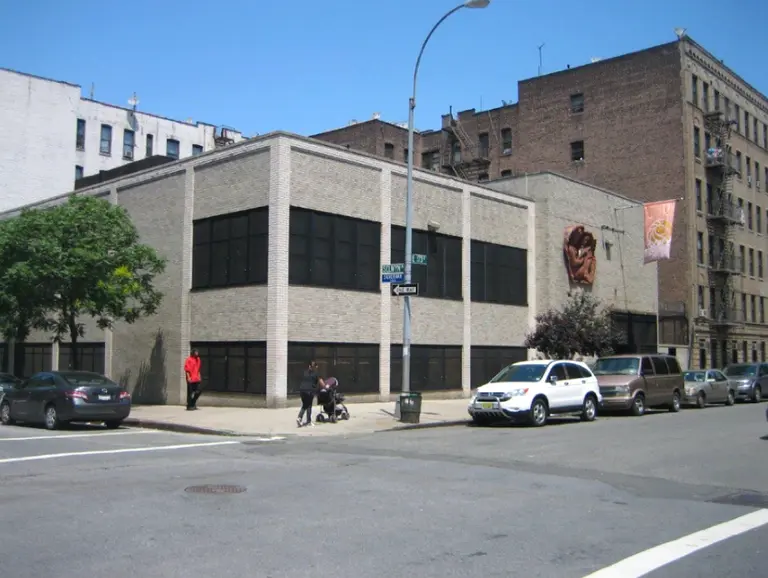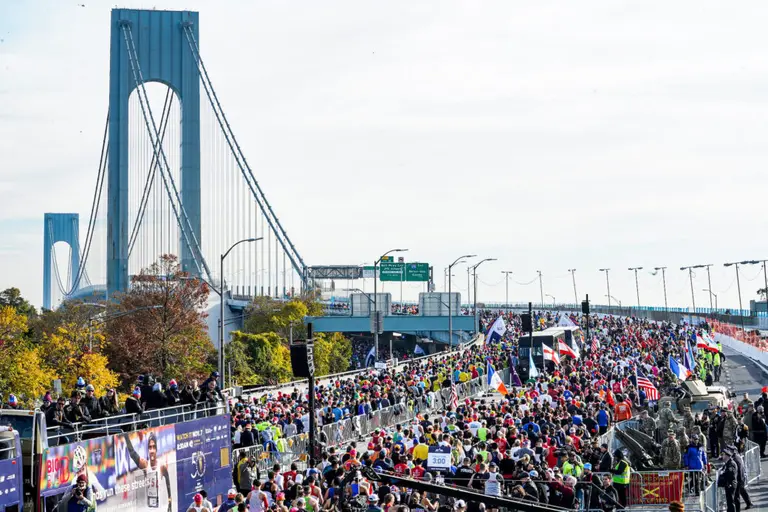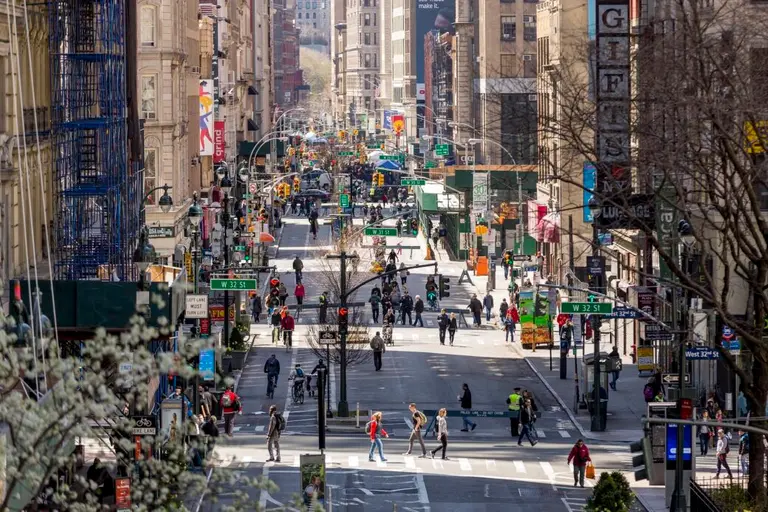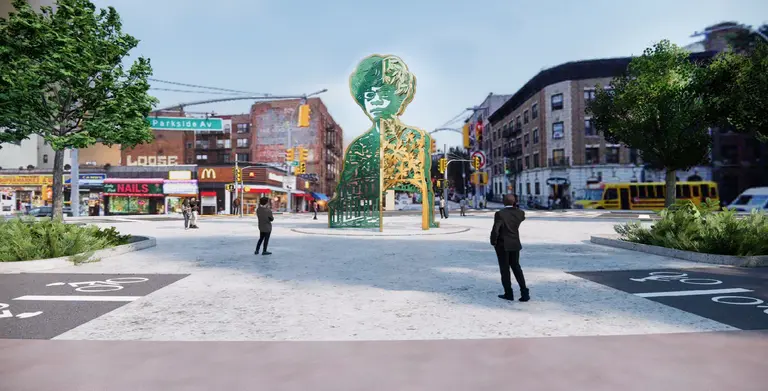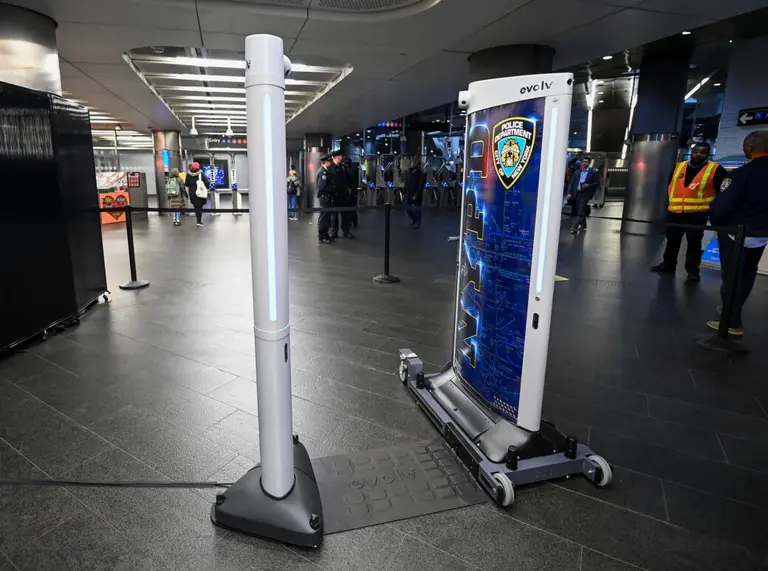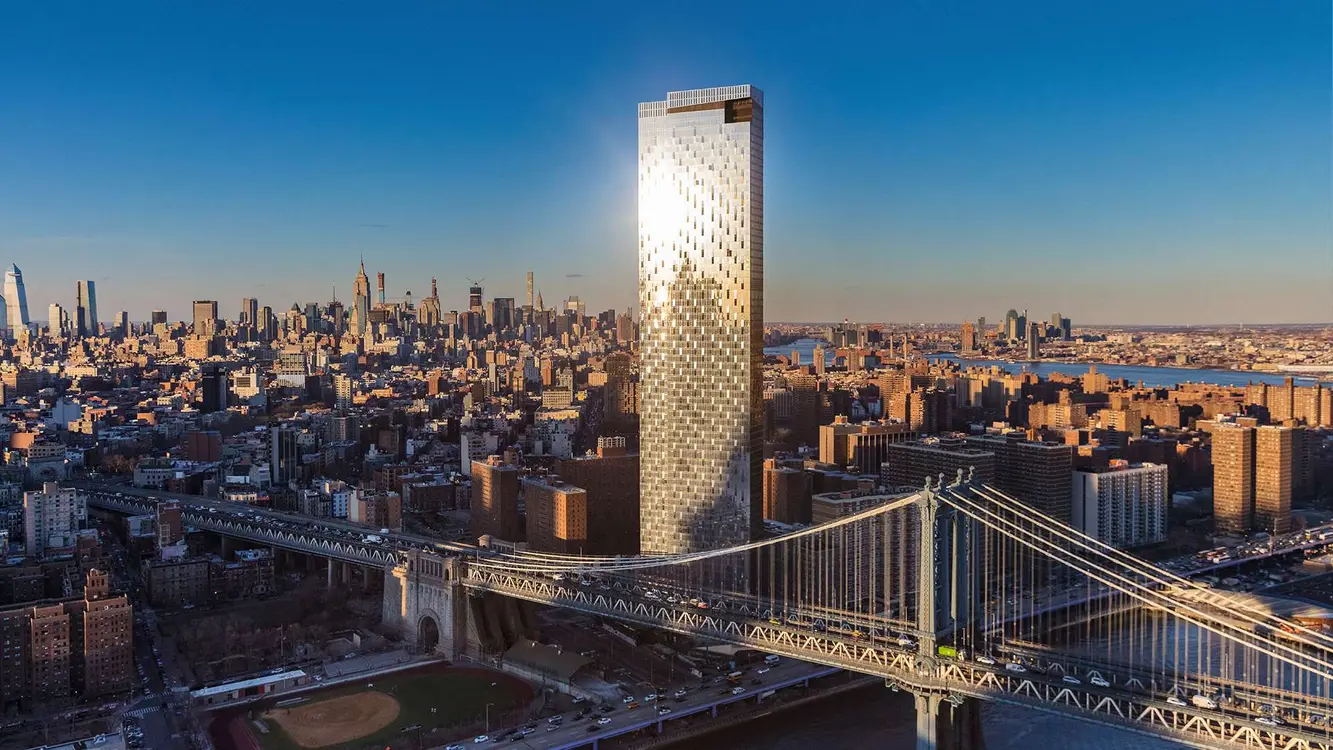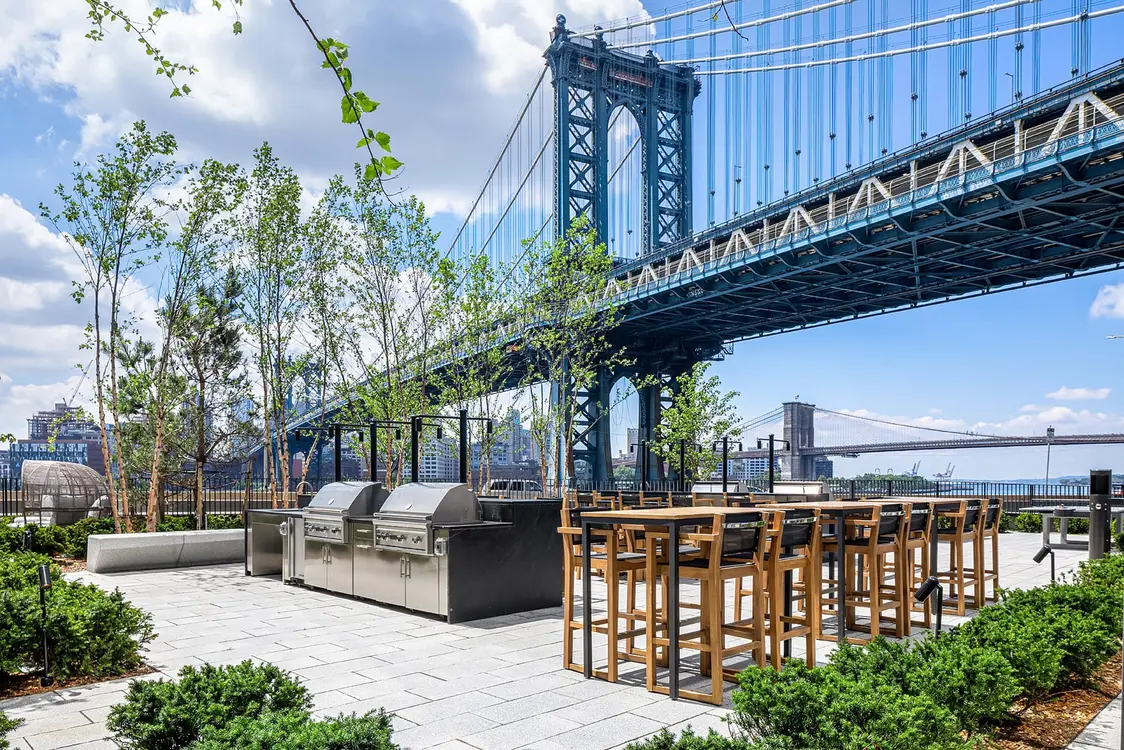Local Governments Say State Law Gives MTA Too Much Zoning Freedom

Construction at Hudson Yards, where the MTA says it worked with local elected officials
New Yorkers know all too well that the debt-ridden MTA is constantly on the hunt for ways to raise funds, most of which, like fare hikes and toll increases, come straight out of our pockets. But the Wall Street Journal brings to light another, less direct way the agency may be looking to boost revenue.
Under a provision in the state budget, the MTA would be exempt from local laws and zoning regulations when developing property. For example, a new apartment building on MTA-owned and -leased land “could be exempt from local property taxes and not contribute to the cost of services for the new residents.” Local governments are concerned that this stipulation would lead to build-happy developers seeking out MTA property to bypass typical local reviews.
Concern arose when city officials saw new language in the state budget passed on April 1st. In the past, the MTA was exempt from local zoning rules on facilities for “transportation or transit purposes.” But the new law would extend this to include “all efforts that indirectly benefit transportation by providing revenue to cover their costs.”
Last month, Assemblyman James F. Brennan, a Brooklyn Democrat, brought forth legislation to repeal this provision, citing the possibility that the MTA could essentially become a real estate-development business. The legislative memo explained how the agency “could rent a commercial office building from a private owner, get a property-tax exemption, then sublease it to another private entity.” It also cited the MTA’s planned redevelopment of its headquarters at 347 Madison Avenue near Grand Central. Currently, the developer must get approval from the City Planning Commission and City Council for a zoning bonus to build higher, but under the new law, this wouldn’t be the case.
The MTA, however, says it already has this legal right to override local zoning and that this provision is merely for clarification’s sake. They also point to projects such as Hudson Yards where they collaborated with local officials. MTA spokesman Stephen Morello said, “The city’s interpretation is extreme and its concern is unwarranted.”
[Via WSJ]

